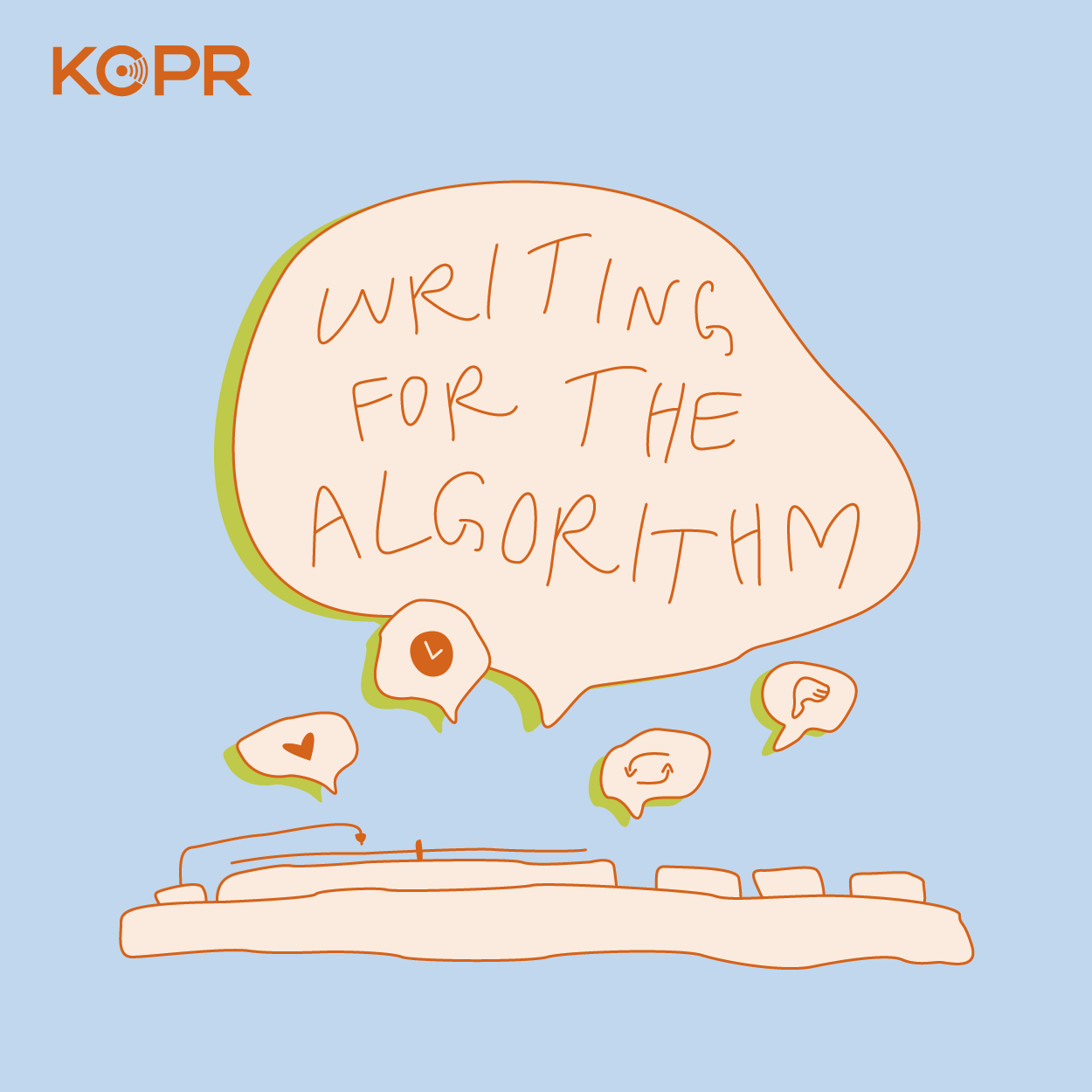Writing for the algorithm: How social media is influencing music

“TikTok ruined this song” has been a familiar phrase for many of us over the last few years. It often seems to cheapen the music you love when it goes viral, totally out of nowhere. Music lovers feel this way when what was previously a relatively obscure but deeply personal song suddenly becomes immensely oversaturated throughout popular culture.
This feeling of a song losing its magic due to popularity seems entirely emotional, so it may come as a surprise to some that the technological mediums through which modern music is distributed may just be having an effect on how songs are composed.
While TikTok itself was created in 2016, the increasing popularity of streaming began its exponential upward trend towards the beginning of the decade. With streaming, music has become more accessible than ever, as millions of users now have access to a seemingly infinite catalog.
However, this new technology has had an unforeseen effect on the way musicians make money. Even compared to radio, artists make a negligible amount of money per stream, often less than half of a cent. With less incentive to rack up a massive amount of listens, artists need to focus on other ways to generate revenue.
To Cal Poly music technology professor Julie Herndon, this can be accomplished “by adding interesting art or notes to your physical album.” Artists also need to advertise tickets and make their concerts appealing.
“I see it as splitting the strand of creativity — On one side, you are making a product that people will enjoy. You are also considering how people are experiencing the album as a concert, and you may need to curate your sound for this,” Herndon said.
This need to advertise work beyond just streaming may explain the rise of more conceptual, self-contained albums. While past albums may have attempted to pump out hits, more recent chart-toppers hail from concept albums that might have been considered too obtuse to break into the mainstream in years past. 2019’s “Igor” not only broke into the Billboard Hot 100 despite its experimental nature but also served to promote Tyler, The Creator’s critically acclaimed and cinematic “Igor” tour. More recently, Steve Lacy has been topping the charts for weeks on end with “Gemini Rights,” an undeniably poppy yet dense and quixotic album. While a tour has yet to start, it will certainly be exciting to see where he takes it.
Although this “music as advertisement” philosophy can lead to artists experimenting with a more conceptual sound, it also leads to some noticeable changes in song composition in order to reach a broader audience.
Unique to streaming is the rule that an artist receives no monetization if the listener skips the song within the first 30 seconds. On top of that, receiving listens past these first 30 seconds is rewarded in Spotify’s algorithm and pushes an artist’s song to be recommended to more listeners. If music is being treated like an advertisement, getting recommended by the algorithm is integral to success.
This has resulted in shorter songs, which seek to hook the listener quickly, rather than make them wait through a long introduction. The average song length for top 100 radio hits has decreased by almost a minute over the last decade. Clocking in at 197 seconds on average, modern songs are the shortest they have been since the 1930s.
“Pop music has always kind of been this way, in terms of getting a listener’s attention and creating a hook,” Herndon said. The general formula for pop music has remained the same for a decade, with almost all western popular music following specific rules and theories, including an emphasis on verses followed by a repetitive hook or chorus throughout the song.
The need to be recommended by the algorithm can disincentivize artists from breaking these rules and creating original music. Specifically, these algorithms base their recommendations on similarity to what a specific user has already liked or interacted with. Based on a user’s interaction history, songs are sorted into categories and recommended. With this in mind, artists might try to replicate the most established traits of a particular genre.
“It’s really how artists position their sound to fit a genre,” Herndon said.
If you count on getting recommended into the right playlist or appearing on people’s “For You Pages” in order to make money, it only makes sense to do what you can to make this happen.
These algorithms can be immensely beneficial for small artists, as they allow a massive new audience of people to hear their work. This can lead to incredible success stories, with musicians gaining a large fan base within months.
Ultimately, these technologies are here to stay. While remembering the benefits this provides, it remains wholly important to incentivize artists to experiment, leave their comfort zone and be creative.

